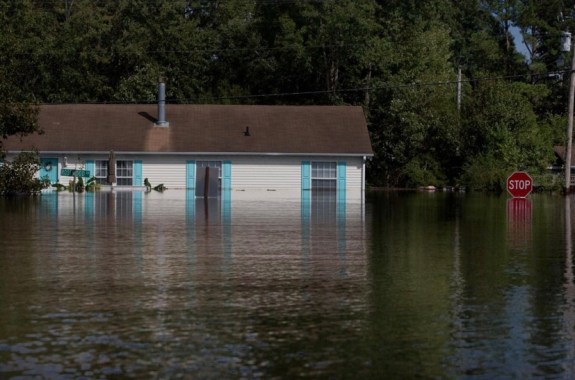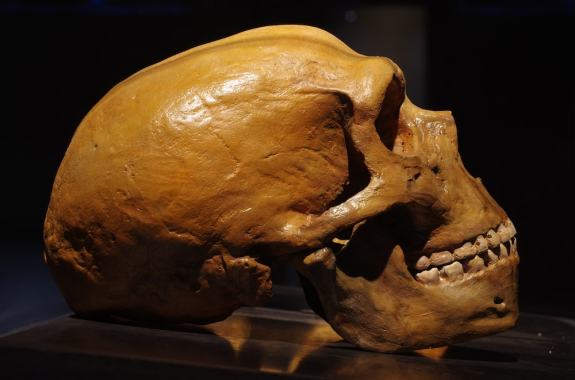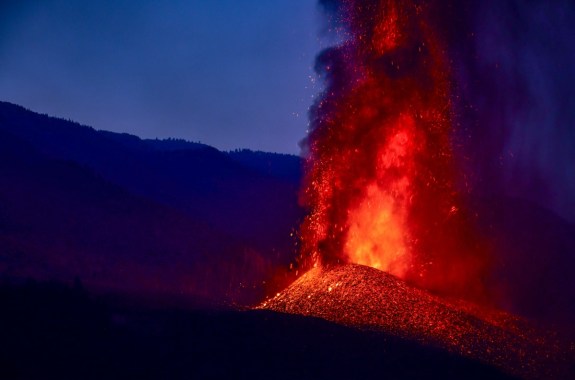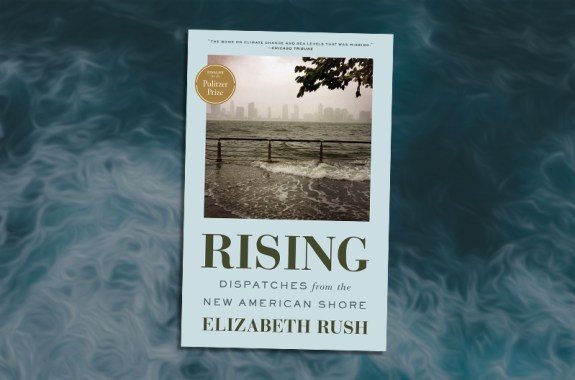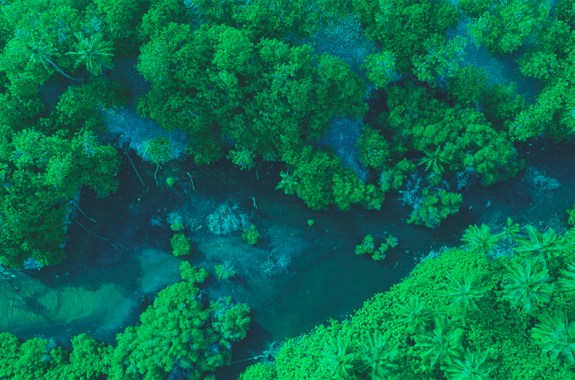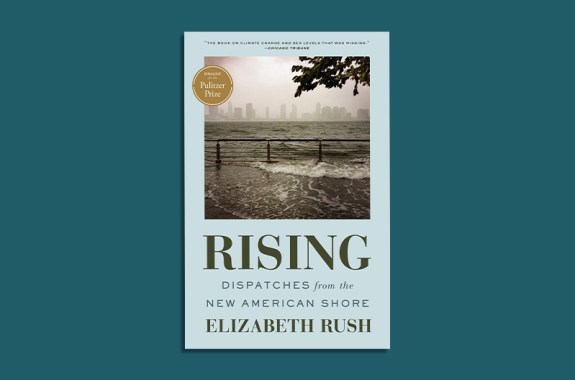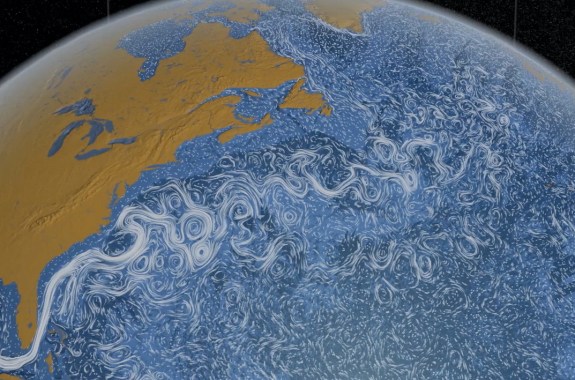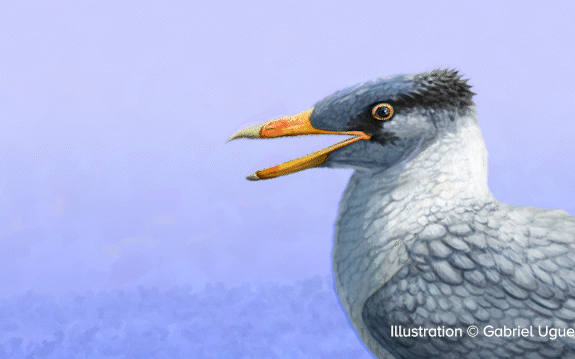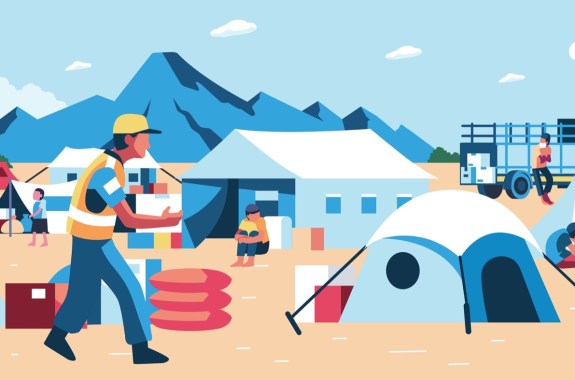19:35
Stories From Those On The Frontlines Of Sea Level Rise
As seas rise, what do frontline communities want and need? Trust, agency—and money.
11:58
The Ancient Neanderthal Traces Hidden In Your Genome
Traces of Denisovans and Neanderthals can be found scattered throughout the human genome, suggesting a shared inheritance.
7:54
The Burn Of Volcanic Beauty
In both the Atlantic and the Pacific, erupting volcanoes are bringing destruction and disruption.
Preview: The Science Friday Book Club Reads ‘Rising’
Elizabeth Rush explores climate change, flooding, and its effects on vulnerable communities in ‘Rising.’ We’ll read it together this fall.
Gathering From Coast To Coast Around Climate Change
This October, The SciFri Book Club team is gathering to explore this fall’s Book Club pick, ‘Rising: Dispatches from the New American Shore.’
What Coastal Retreat Looks Like On Isle de Jean Charles
On an island shrinking from rising seas, Indigenous communities battle to save their historic land from coastal flooding.
Book Club: ‘Rising’
Dive in with environmental journalist Elizabeth Rush on climate change, coastal flooding, and its effects on communities around the country.
17:34
What Happens If Atlantic Ocean Currents Cease To Churn?
Climate models suggest that a crucial ocean circulation pattern is already changing—a sign that we’re heading toward climate tipping points.
33:58
Birds Are The Last Dinosaurs. Why Did They Survive?
The ancestors of modern birds survived the mass extinction event that killed other dinosaurs 66 million years ago. New fossils offer one theory as to why.
17:12
A Disasterologist On Coming Together To Weather The Climate Crisis
Emergency management researcher and author Samantha Montano on how our disaster response systems need to scale up for climate change.
